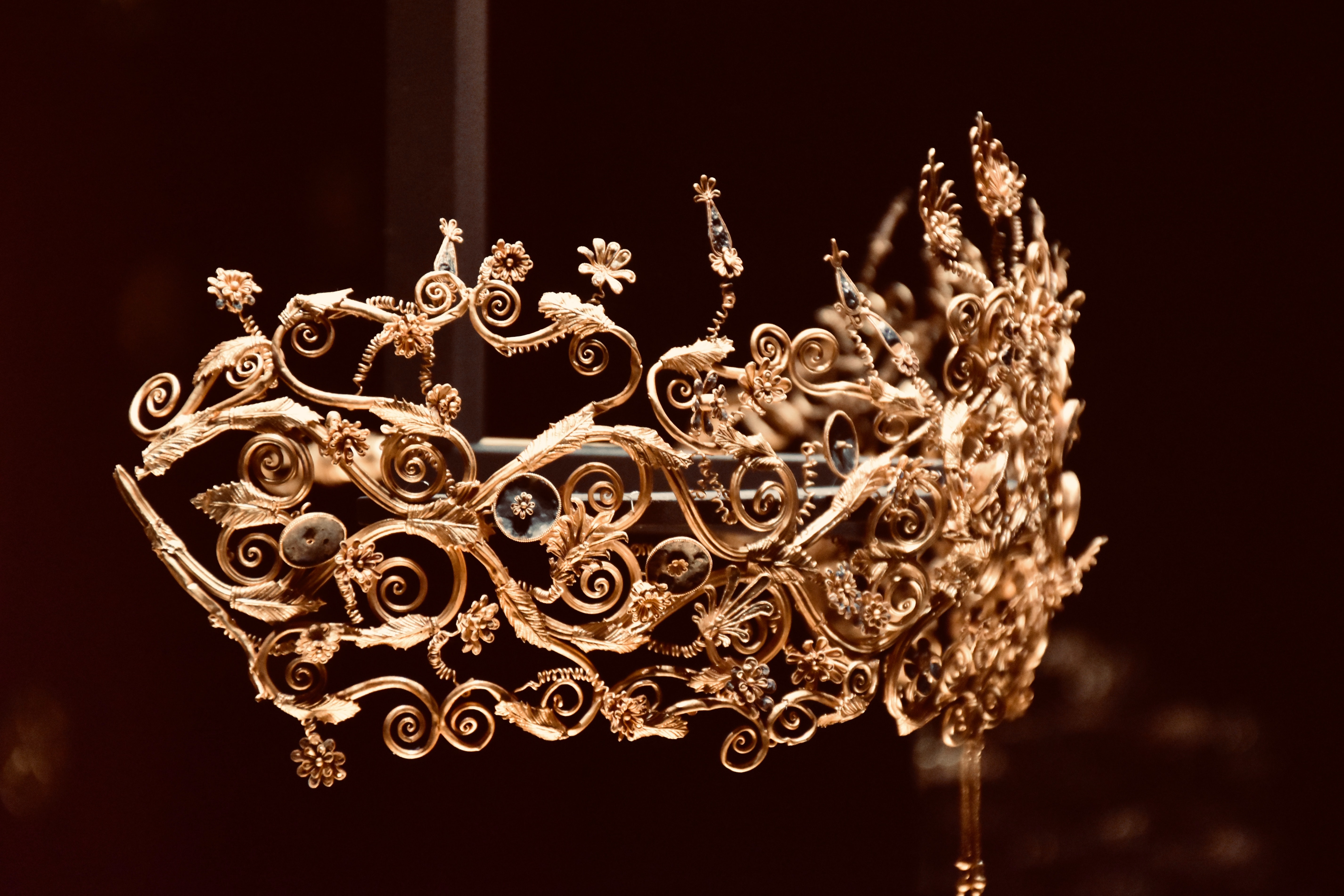Dynarch
Rulers with bark to their bite
Dynarchy is a common governmental system, a type monarchy where the ruling being has inherent power as well as political power. Their physical, magical, or supernatural strength cements their position through their capacity to defend their people from other powerful beings, and/or bend their subjects to their will.
How it Works
Dragons, the most common form of a dynarch, generally tax their subjects in food or sometimes treasure. As long as people can produce enough food to sustain them, and/or interesting things to hoard, they will fend off foes too powerful for their subjects to handle.
Some nations form a literal theocracy in which their patron god acts as their dynarch. These require devotion and worship from their subjects, and they generally defend better against supernatural beings like undead or invaders from other planes.
More unusual dynarch examples include malign beings like beholders, liches, or devils. Each has their own expectations/duties for and from their subjects, but most are unstable and fall soon after their creation.
Appointment
Dynarchs are appointed when they take leadership over a group of humanoids in exchange for some form of service such as taxes, food, worship, or sacrifices. Different cultures have their own ceremonies for when a new patron dynarch is adopted, usually with a ritualistic show of loyalty to the new leader by the people or representatives of them.
Following one dynarch's death, people may give their allegiance to the expected successor or a new entity they feel will better protect them.
Responsibilities
History
The first dynarchs arose in the Wake in Bralis, which was quick to accept the dragons as their ruling powers in the Draconic Empire. The leadership and the strength of their rulers gave the Dragonborn the edge they needed to recuperate and reestablish themselves while the rest of the world floundered in chaos, so the idea was quick to spread and be adopted.
Cultural Significance
Dynarchs often serve as national symbols that people can unite under, and so long-lasting dynasties of them often shape cultural iconography and mythos.
While this system has worked well for over two thousand years, some nations have revolted against their leaders for various reasons. This has led to growing questions about the validity of dynarchies around the world.
Remove these ads. Join the Worldbuilders Guild




Comments